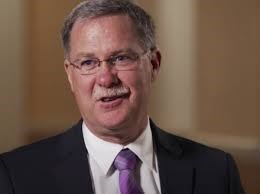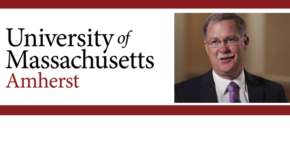 Can we become an equal opportunity society?
Can we become an equal opportunity society?
Donald Tomaskovic-Devey, professor of sociology at the University of Massachusetts, Amherst, has more.
Tomaskovic-Devey studies workplace inequalities in multiple forms. His research utilizes large scale data on workplace employment diversity and discrimination charge processing from the U.S. Equal Employment Opportunity Commission. He has also worked as an expert witness in employment discrimination complaints, has testified before the U.S. Equal Employment Commission and the United States Commission on Civil Rights, and advised the Biden/Harris transition team on employment discrimination enforcement.
Can We Become an Equal Opportunity Society?
Almost sixty years ago the U.S. Congress passed the Civil Rights Act, which outlawed discrimination in employment.
Social scientists who study law in practice have long known that the simple passage of a law does not produce social change. In the case of the Civil Rights Act, there was massive resistance. Progress was far from assured.
So what happened? In the 60s and 70s, some African Americans got access to better jobs, although progress largely stalled in the 80s when Civil Rights movement pressure waned and political backlashes strengthened. The same was true for gender based progress in employment, although progress started later, and waned in the 90s and 2000s. This is not to say the Civil Rights Act failed, but that in practice change in law requires societal pressure and organizational change to be effective.
In our research we find that while employment discrimination remains widespread today, formal legal complaints are rare and that discrimination charges rarely impact employer behaviors. More commonly employers respond to discrimination complaints as legal threats; work to isolate, retaliate and often fire employees who complain.
How do we achieve the goals of equal opportunity at the heart of the Civil Rights Act? Our research provides strong clues. What is required is political and social pressure that encourages employers to prioritize respectful workplaces and to treat discrimination complaints as opportunities to improve their managerial practices.
If firms embrace these opportunities to improve and respond to calls for greater dignity in employment and racial justice, perhaps we will once again see progress in workplace equity.
Read More:
[The Conversation] – Donald Tomaskovic-Devey
[UMass Amherst] – Who Files Discrimination Charges?
[UMass Amherst] – Center for Employment Equity

Comments
4 responses to “Donald Tomaskovic-Devey, UMass Amherst – Can We Become an Equal Opportunity Society?”